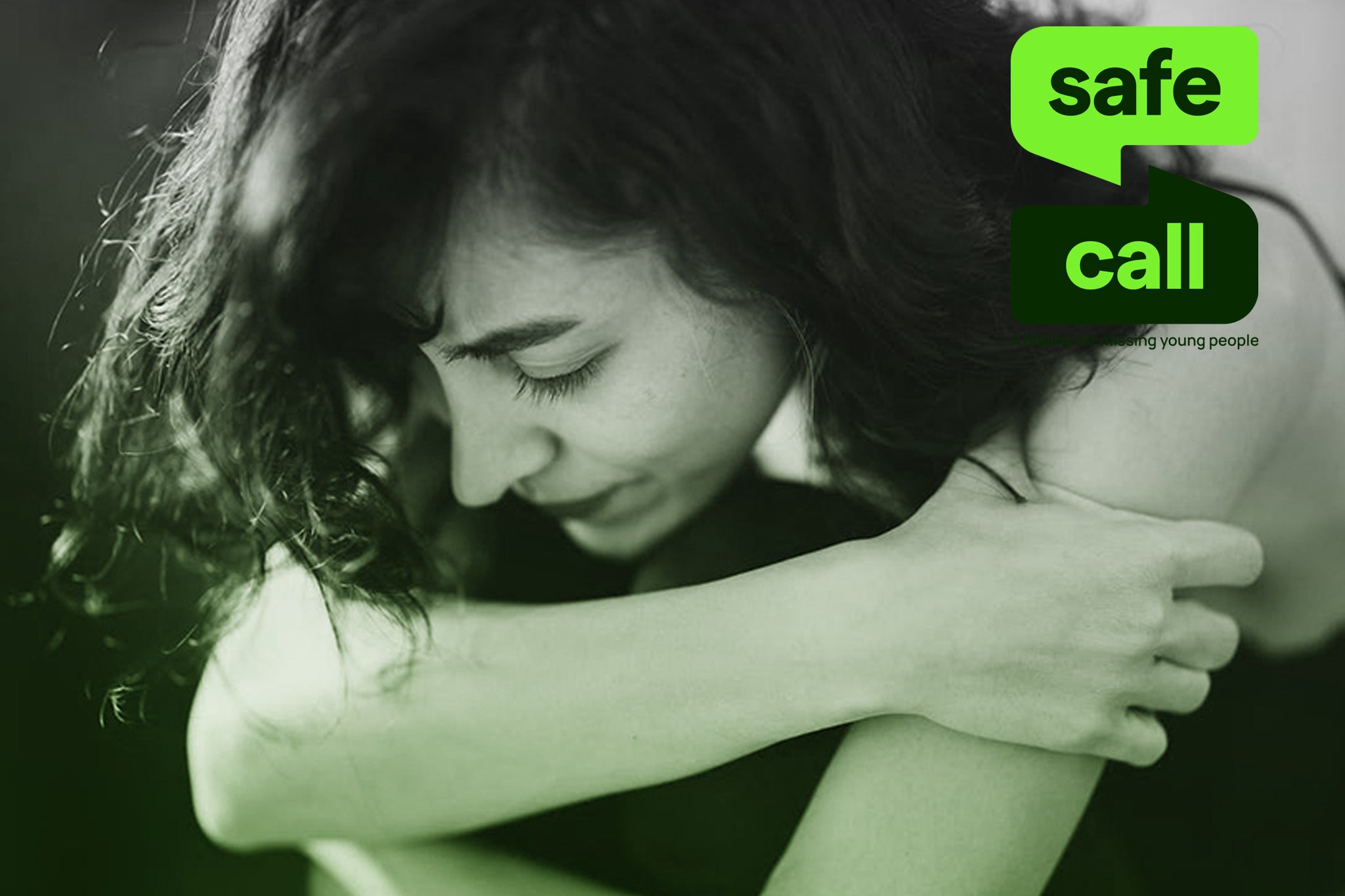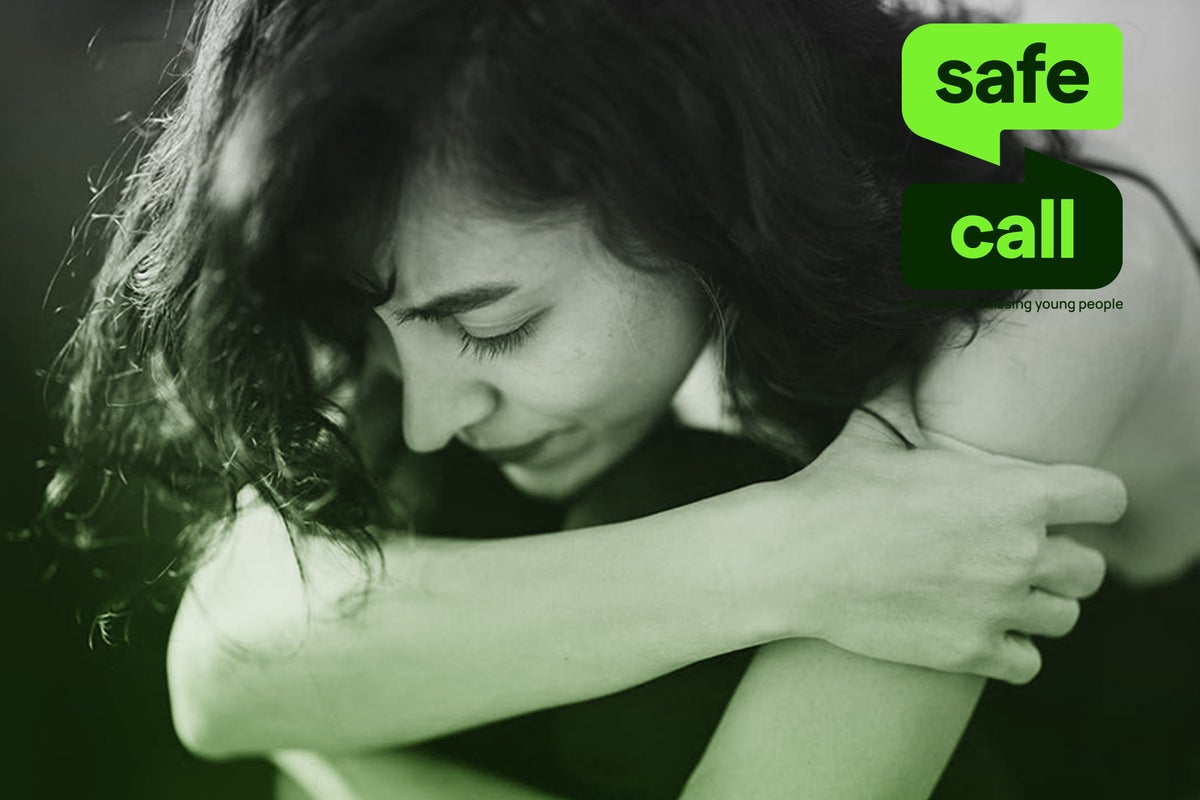- News
- UK
- Home News
With a child reported missing every 2.5 minutes in the UK, it is vital to address the cause behind their disappearance. As part of our SafeCall campaign, The Independent looks at what crucial next steps are taken to ensure vulnerable children do not go missing again
Harriette BoucherSaturday 22 November 2025 16:15 GMT
 Close‘I went missing 50 times as a child – now I need to stop it happening to others’
Close‘I went missing 50 times as a child – now I need to stop it happening to others’
Get the free Morning Headlines email for news from our reporters across the world
Sign up to our free Morning Headlines email
Sign up to our free Morning Headlines email
 Email*SIGN UP
Email*SIGN UPI would like to be emailed about offers, events and updates from The Independent. Read our Privacy notice
Each year around 70,000 children go missing in the UK, and while most are eventually found, the real crisis often lies in the circumstances that drove them to disappear in the first place.
A safe return home is only the beginning. What matters just as much is understanding why a child went missing and ensuring it does not happen again.
The reasons are varied and often complex. Some young people vanish because they are struggling with mental health problems. Others are escaping abuse or are being groomed and exploited. For many, going missing is the only way they know to signal distress when they feel unheard or unsafe.
The Independent and the charity Missing People are aiming to raise £165,000 to launch SafeCall, a free new service to support children at the moment they are most vulnerable. Co-designed with young people, SafeCall will offer confidential advice, guidance and a route to safety for those who feel they have nowhere else to turn.
Parm Sandhu, a former Metropolitan Police chief superintendent, said: “Each missing episode is a warning sign. Many children who are exploited, abused or struggling with mental health will go missing long before they disclose their experiences.
“A proper interview, a joined-up police response and follow-up support can be the difference between a one-off incident and a child becoming lost to exploitation or ongoing harm.”
Donate here or text SAFE to 70577 to give £10 to Missing People – enough for one child to get help.
 open image in galleryThe Missing People charity said it is essential to ensure children’s safety even when they return home (Missing People)
open image in galleryThe Missing People charity said it is essential to ensure children’s safety even when they return home (Missing People)When someone under the age of 18 is found after they have gone missing, the police’s first job is to check if they are safe.
Police should speak with the child as soon as they can to check whether they were harmed, to understand whether a crime has occurred, or if there is any immediate risk. Any concerns should then be shared with social services or other agencies.
Every child who goes missing in the UK is given the option of an ‘independent return home interview’, which must be offered within 72 hours of the child’s return.
Sarah Howley, who manages Missing People’s Hertfordshire support service, said that talking to a child about why they have gone missing is vital in getting them the right help and preventing them from going missing again.
She said: “Talking about going missing can open a whole can of worms of what's really going on for this child, and action needs to be taken from that.”
 open image in galleryParm Sandhu, the former chief superintendent of the Met Police, said every missing episode is a warning sign (Supplied)
open image in galleryParm Sandhu, the former chief superintendent of the Met Police, said every missing episode is a warning sign (Supplied)In some areas, like Hertfordshire, the Missing People charity will conduct the interview.
The interview should focus on why the child went missing, whether they felt safe at home, any problems of abuse, or mental-health issues they may be facing, and what support they need.
Ms Sandhu said: “Children go missing for many reasons, conflict or abuse at home, bullying, school pressures, mental-health issues, or being groomed by criminal networks.”
Depending on the reason why a child went missing, they can then be given social care assessments or protection plans, support from specialist charities, mental health referrals, youth offending services and diversion programmes, or support from any other relevant teams.
If a child disappeared after facing abuse at home or in foster care, children’s services and maybe the police would be called, and professionals would assess whether their home is a safe place for them to be. If not, somewhere safe would be found for them to stay.
SafeCallFor children who are suffering from mental health issues, Ms Howley said they will assess what help the child needs, which could be an urgent referral to a hospital, or signposting to mental health charities.
Any young people who are worried about returning home should know that there are always people around to help and support them, Ms Howley said: “There are always people wanting to help, and that's why Missing People helplines are there to be that confidential space to get some support and some help.”
Please donate now to The Independent and Missing People’s SafeCall campaign, which aims to raise £165,000 to create a free, nationwide service helping vulnerable children find safety and support.
For advice, support and options if you or someone you love goes missing, text or call the charity Missing People on 116 000. It’s free, confidential and non-judgemental. Or visit www.missingpeople.org.uk/get-help. If you are struggling or in distress, contact Samaritans on 116 123 (UK and ROI).




